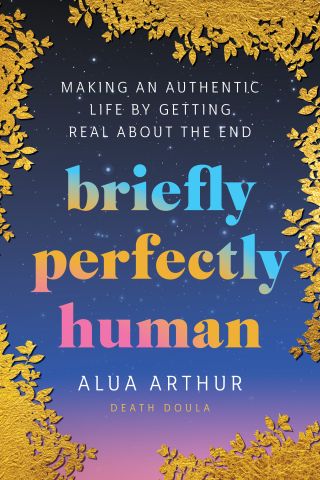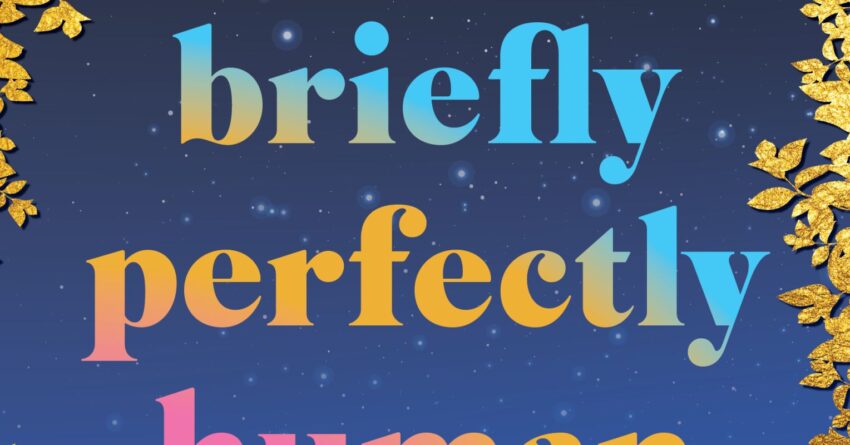One of the things that makes humans unique is our awareness of the inevitability of death. While many of us push this death awareness out of our minds in our daily lives, it is undeniable that 10 out of 10 people will die.
Awareness of one’s mortality can quickly become death anxiety—a fear of death on a conscious, or unconscious level. Death anxiety might involve a fear of one’s death, fear about the dying process, and or fear about losing loved ones (Rezapour M., 2022). We might also worry about dying prematurely, facing the unknown, and how others might cope in our absence (Menzies, R.E., and Menzies, R.G., 2023).
With so many layers of anxiety related to death, it’s no wonder that death anxiety has been regarded as “the worm at the core of mental health,” (Menzies, R.E. and colleagues, 2018). Researchers now believe that the fear of death might be a key variable underlying many chronic mental health problems, including generalized anxiety disorder, obsessive-compulsive disorder, depression, panic disorder, somatic-symptom-related disorders, eating disorders, post-traumatic stress disorder, and separation anxiety (Dursun P. and colleagues, 2022).
The antidote to death anxiety? Researchers suggest that, after accepting mortality, meaning-making can alleviate the existential anxiety that comes with death awareness (Dursun P. and colleagues, 2022). However, there’s no one-size-fits-all approach to finding meaning in life. It is an individual process that will look vastly different for each person.
For death doula and author Alua Arthur, after walking through a season of depression and unexpectedly facing the truth of mortality, deciding to lean into her passion for nurturing others has lent light and meaning to days that once felt dark and hopeless. Her book, Briefly, Perfectly Human, tells the story of her journey as a death doula, a non-medical support person for those who are dying.
.jpg?itok=qhpHiaKB)
Death doula and author, Alua Arthur, helps readers address death anxiety.
Source: Alua Arthur/ Provided by Going with Grace/ Used with permission
Q: What is a death doula?
A: A death doula is a non-medical support person for the dying person and their circle of support through the process. Death doulas can help create a comprehensive end-of-life plan, support people through death anxiety when they know they’re going to be dying, support in creating goals for treatment and the best death for themselves and their circumstances, help loved ones wrap up affairs, grief, the never-ending list of items that need attending. A lot of people mistake it as sitting bedside giving hugs and passing tissues, but it’s also being the person concerned with the amount of mail that hasn’t been opened – we have to be the emotional, practical, and spiritual support as well.
Q: How can death denial, pushing mortality out of our minds, actually contribute to depression?
A: I think in some ways what happens when we are denying death is that it doesn’t give us any context to our lives. It doesn’t create any real grounding, it creates the illusion that we have forever so there’s no urgency, which brings us value in living. I think that’s probably one of the major ways it can contribute. Death denial is like the pillar upon which a lot of mental health kind of pivots. Every single anxiety is based on death anxiety, every fear is based on a fear of death; if only we spent some time on that root.
Q: Many people who experience death anxiety avoid conversations about death and dying. How can readers deal with their death anxiety in a healthy way?
A: Surrender is at the core; to be alive is to be subject to a trillion things we aren’t in control of, including in my body. For example, in my stomach, my body is secreting enzymes for food I ate last night, my life and death are happening. I can’t control much of anything, except surrendering to the process of the body, to what comes after I die, to missing out after I die. We are not very good at surrendering. We all place ourselves at the center of the story; it’s hard to acknowledge that ‘I will die and life will continue.’
Q: Research suggests that meaning-making can be an antidote for the pain of immortality. What are your thoughts on this?
A: I think it is, but I also think meaning-making is such a huge task for me. It’s great if you’re able to make some meaning out of your life, the time you’re here, and your daily tasks. At the same time it becomes such a burden for some folks, not only meaning-making in the minute, and small tasks of my life, but also finding a bigger purpose. It can be daunting for some. I invite folks into the micro-awareness of the minute tasks of living; brushing my teeth, the fact that I have teeth, can create inherent meaning in our lives without having to ascribe something bigger.
One thing that’s important to mention is about justice, and to acknowledge that I have love, I have food, I have shelter. I’m not worried about bombs being dropped on me. A lot of people don’t have the capacity or ability to sit and think about mortality when their basic needs aren’t being met.
Q: What is the most unexpected thing about death that you’ve witnessed as a death doula?
A: One of the things that struck me very early was how much joy and love is present as well. I always thought of it as sadness and awfulness and terribleness, but I witnessed this the first time with my brother-in-law, that a strong love for him was present as he was dying. There are ins and outs, ups and downs. The body changes, and you can tell when dying is happening because there’s a transformation.
Q: How can we support someone who is grieving?
A: We need to acknowledge grief a lot more. I think people believe grief is supposed to look one way, or people expect that you grieve and you move on and get over it. It’s not what grief looks like for anybody, we have to learn how to navigate the rest of our lives after loss.
Expect a person who is grieving to be exactly as they are, where they are. Grief never goes away. Just naming it is one of the great things doulas can do, to help acknowledge and validate grief, and that this is human.
Q: What do you hope readers will take away from your book?
A: I hope that the book invites people into their lives by sharing my story and messiness. That it will allow people to be messy themselves. I hope that folks ground more in their mortality and that they see their potential for learning from their mortality.

Briefly, Perfectly Human explores how readers can live with the end in mind.
Source: Alua Arthur/ Used with permission
